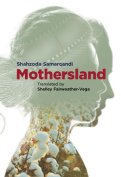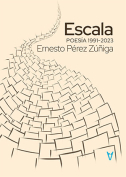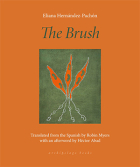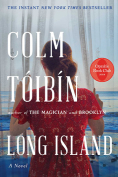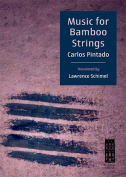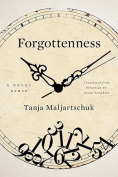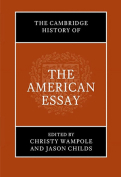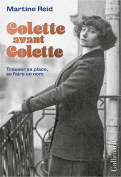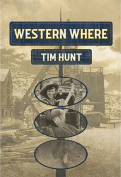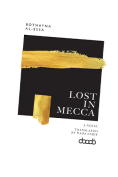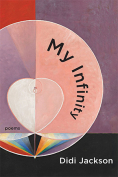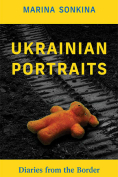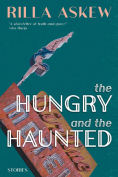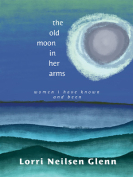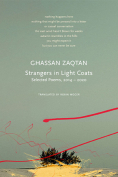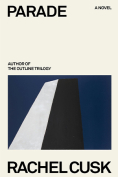Long Island by Colm Tóibín
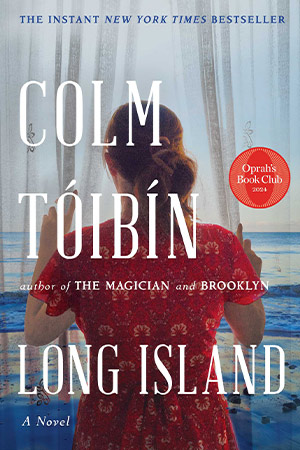 New York. Scribner. 2024. 304 pages.
New York. Scribner. 2024. 304 pages.
Colm Tóibín—twice shortlisted for the Booker Prize, winner of the International Dublin Literary Award, the Hawthornden Prize, and the Folio Prize—is arguably one of Ireland’s great writers. Widely regarded for his literary fiction, particularly The Master (2004) and The Magician (2021), Tóibín’s best-selling novel is Brooklyn (2009), a commercial success that led to the film starring Saoirse Ronan, which earned more than $62 million at the box office. Now fifteen years after the release of Brooklyn, Tóibín has written and published the sequel, aptly named Long Island, which, like its predecessor, proves that Tóibín is, above all else, a master storyteller in that long-established Irish tradition.
Long Island picks up some twenty years (post-Watergate) after Brooklyn finishes as Eilis and Tony, along with his parents and two brothers and their families, have moved to isolated Lindenhurst on Long Island. While not perfect, Eilis is content with her life as she is raising her two children, soon-to-be Fordham student Rosella and high schooler Larry. Then, however, she learns that her husband has impregnated a woman while he was at her house on a plumbing call. That’s when the novel becomes a page-turner.
The genius of Tóibín is that he writes about domestic drama with such skill that we can’t help but feel involved. Is Eilis unreasonable in her reaction? Does Tony not care how she feels or even take responsibility? Is the entire Fiorello clan against Eilis simply because they are Italian, and she is Irish? What would we do in a similar situation?
Eilis wants nothing to do with Tony’s child, and she ultimately decides to return to Enniscorthy, County Wexford, Ireland for her mother’s eightieth birthday. But leaving is really an excuse to escape all the family drama on Long Island. The return to her hometown, however, as in Brooklyn, finds Eilis involved in even more drama as she runs into Jim Farrell, her former love whom she abandoned in Brooklyn when she returned to the US to Tony (they had been secretly married before her trip to Ireland).
Tóibín’s story thrives on half-told truths, partially held secrets, and that universal human feeling that maybe if we don’t think about things, everything will work out. Indeed, that is a fictional world all its own. Tóibín has an innate understanding of human psychology, and at various points in the novel we feel sympathetic to all the main characters, even when we can see the ruses they are trying to pull.
Long Island is a novel about family secrets, and as with most domestic drama there are no heroes or heroines or even villains. Tóibín captures the human condition as we all know it—flaws and all—where we try to do what’s best for us or those around us, sometimes without realizing the consequences. Tóibín’s writing is smooth and easy, the dialogue is realistic, and his attention to physical details of place paint a picture for us. Long Island left me with a hope, however slim, that maybe Tóibín has a third book in mind. I need to know more about Eilis and her family.
Shawn O’Hare
Carson-Newman University
